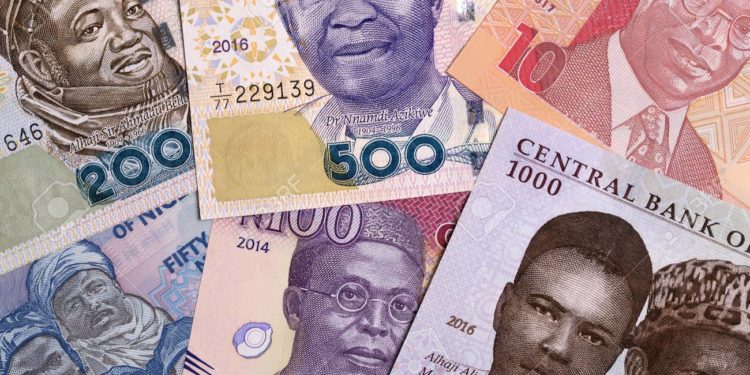The Monetary Policy Committee (MPC) of the Central Bank of Nigeria has held the Monetary Policy Rate (MPR) constant at 12.5%.
This was disclosed by Governor, CBN, Godwin Emefiele while reading the communique at the end of the MPC meeting on Monday. Other parameters such as Cash Reserve Ratio (CRR), Liquidity ratio, and asymmetric corridor remain unchanged.
Emefiele explained that eight members of the committee voted in favour of holding the MPR, while two members wanted it reduced. According to the MPC, the decision to hold all rates constant was largely driven by the effect of the outbreak of COVID-19 that has largely disrupted the global economy.
READ ALSO: Forex crisis: Those patronizing parallel market will lose money – CBN Governor
Highlights of the Committee’s decision
MPR was kept at 12.50%
The asymmetric corridor of +200/-500 basis points
CRR was retained at 27.5%
While Liquid Ratio was also kept at 30%
READ ALSO: Banks to witness low earnings over Coronavirus- Report
#CBN MPC votes to hold parameters constant
— Central Bank of Nigeria (@cenbank) July 20, 2020
Given the plethora of monetary and fiscal measures recently deployed to address the impending economic crisis, Emefiele explained that it would be a relatively cautious option for the MPC to hold the parameters. He said,
Download the Nairametrics News App
“After reviewing our options, the MPC noted that the imperative for monetary policy at the May 2020 meeting was to strike a balance between supporting the recovery of output growth and reducing unemployment while maintaining stable prices. The Committee noted at this meeting that the economic fundamentals have marginally improved by the end of June 2020, following the gradual pick-up of economic activities as the positive impacts of the various interventions permeate into the economy. As a result, the Committee noted that the earlier downward adjustment of the MPR by 100 basis points to 12.5 per cent to signal the loosening monetary policy stance is yielding positive impact as credit growth increased significantly in the economy.”
READ MORE: Late budget cycles, food price hike fuel MPR retention – Experts
He added that the Committee also noted the positive impact of the various fiscal and monetary interventions on households, SMEs and manufacturing sectors, which made it believed that increasing MPR at this stage will thus be counter-intuitive and will result in upward pressure on market rates and cost of production.























